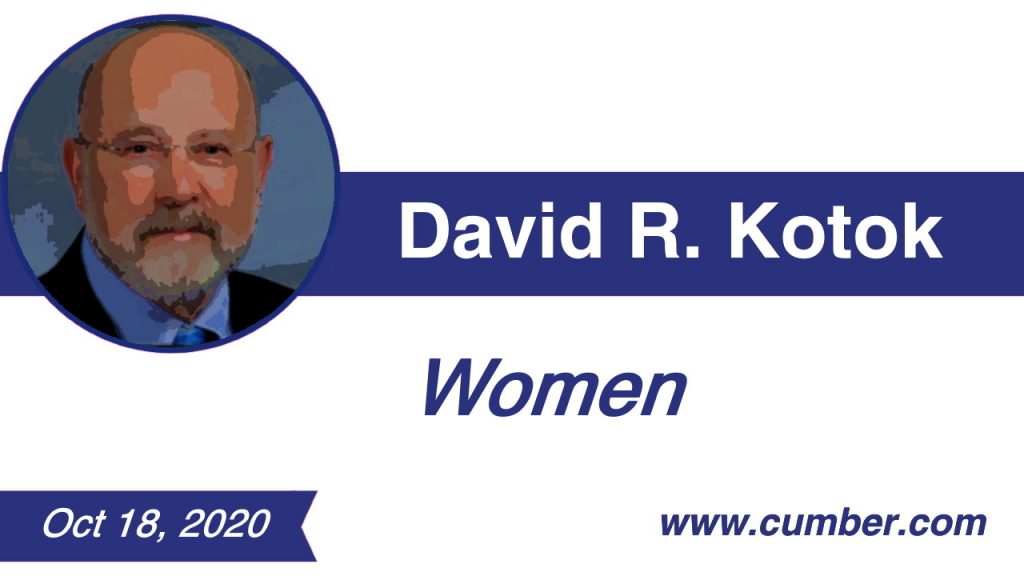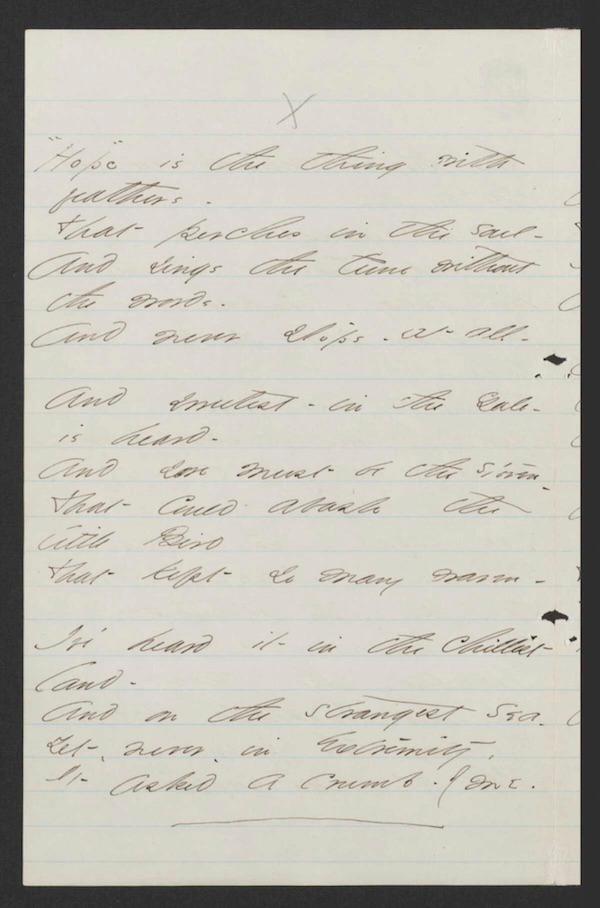The facts are becoming undeniably clearer. Labor force data confirms them. Anyone who wishes to dispute this claim may offer evidence to the contrary, but we won’t bog down this Sunday morning commentary with charts and links.
There are about 25 million to 30 million Americans (out of a labor force of 160 million) who are in trouble. They are either unemployed or underemployed or on some type of sustaining payment stream. Time is running out on them every day. The latest employment report and JOLTS data confirm this reality. The gender distribution is not balanced. The disproportionate majority of impacted workers are women.
If the US economy is to recover and regain levels we saw in 2019, these people need help now. But the Congress, and especially the US Senate, fiddles, and Rome burns. But Rome is in Washington, and the nation is the vast United States and all its citizens. Of the 25 million to 30 million Americans, the significant majority are women and many head households; that means the needs for federal assistance is intensified. The data support this observation.
Women are paying the heavy economic price exacted by the pandemic disproportionately to men. Just look at women who head households versus men who do so. Across the country, mothers have given up jobs to supervise their children’s online learning, while others try to juggle working from home or working outside the home and helping with online lessons. And look at single moms whose kids go to school in states like Florida and Georgia, where a mother has to worry about her child’s health, too. In my home state of Florida, the school system’s data is still not transparent, because our governor refuses to make it transparent.
If we are going to get the American economy on track, negligent carelessness with data must stop. Governors, don’t lie to us. We need truth and facts. And aid from the federal government must be intelligently and constructively deployed. It must address the women who head households. Congress, pass the damned CARES-2 aid bill now and include the piece for state and local governments. It is state and local governments that deliver the services now required. The House will pass a bill that gets this essential work done. Get to a conference and send a bill to both chambers and there is an absolute certainty that it will pass on a final vote. President Trump will sign a bill if it gets to him. McConnell, Thune, and others, you have the power to break loose that bill. In Florida, Rubio and Scott hold the Senate seats. They can break this bill loose if they know that their political careers depend on their doing so. Let us help them to understand.
We will dedicate the rest of this Sunday morning missive to the women on the front lines as working parents, as caregivers, and as home educators. We admire and respect them, and we call upon the federal government to address the nation’s need in ways that support women and their families.
1. The UK’s Susan Boyle served as her mother’s caregiver for a decade before she auditioned on Britain’s Got Talent, at last pursuing a life-long dream. Her audition still inspires.
https://www.youtube.com/embed/RxPZh4AnWyk
2. In a time when many women fear hard-won rights and opportunities slipping away, Leslie Gore’s “You Don’t Own Me” (1964) seems a fitting reminder.
https://www.youtube.com/embed/vNb-8gLcXLs
3. Helen Reddy rocked the world with “I Am Woman.” Women vote, and politicians find themselves accountable to them.
https://www.youtube.com/embed/rptW7zOPX2E
4. Now, how to close our Sunday missive? The nation waits for Congress to help forestall widening economic damage wrought by a pandemic, as businesses struggle or die and a once-promising recovery ebbs, delayed by inaction. States and municipalities wait for the support they need to keep public schools and other essential services afloat. Americans who have lost work – or who are otherwise struggling to manage under phenomenal amounts of stress – wait for the help (and the full information) they need to navigate a crisis. And in the midst of dual economic and pandemic storms, the nation must now sail through the rocky straits of a contentious election.
As I reflect this October Sunday, our closing rises now out of memory. Emily Dickinson, my mother’s favorite poet, penned long ago a poem about hope. She saved her poem with hundreds of others in a drawer. Today we unfold it together and read again. May you hear always the tune.
(Source: https://commons.wikimedia.org/wiki/File:%22Hope%22_is_the_Thing_with_Feathers.jpg)
“‘Hope’ is the thing with feathers,” by Emily Dickinson
“Hope” is the thing with feathers -
That perches in the soul -
And sings the tune without the words -
And never stops - at all -
And sweetest - in the Gale - is heard -
And sore must be the storm -
That could abash the little Bird
That kept so many warm -
I’ve heard it in the chillest land -
And on the strangest Sea -
Yet - never - in Extremity,
It asked a crumb - of me.
(https://www.poetryfoundation.org/poems/42889/hope-is-the-thing-with-feathers-314)



